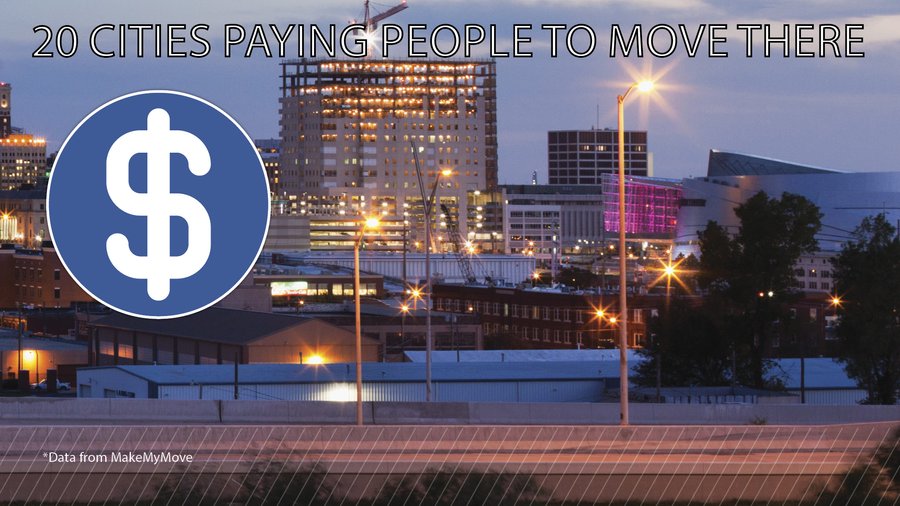Listen to this article 5 min
As many employers and employees continue their ongoing battle over remote work, a new study shows the productivity benefits — and drawbacks — of working in the office.
A new paper by Natalia Emmanuel of the Federal Reserve Bank of New York, Emma Harrington of the University of Iowa and Amanda Pallais of Harvard University took an in-depth look at software engineers at a Fortune 500 firm,
What the researchers found casts doubt on the idea that being in the office automatically translates to increased productivity. In fact, the research pointed to some factors that actually limit productivity when workers are in the office — with some important caveats.
It's yet another data point in the high-stakes debate over the future of work — a debate with significant implications for cities, real estate developers, small businesses and many others.
Before the pandemic, engineers who worked together in the same building received 23% more online feedback on their computer code than engineers whose teammates were not in the same building.
After offices closed during Covid-19, the advantage shrank 17 percentage points.
But there is a big trade-off when it comes to in-person work — everyone gets less done. The study found shared proximity reduced the number of programs written per month by 21%, with both senior and junior engineers writing less code.
“This is driven by senior engineers who may write fewer programs when sitting near coworkers because they give more feedback to junior colleagues. However, very junior engineers also write fewer programs when sitting near their coworkers, consistent with needing to respond to more feedback,” the study states.
The authors of the study also said they see a tradeoff on promotions — engineers who sit near their teammates are less likely to be promoted early but are more likely to be promoted down the road.
“In the short run, proximity reduces programmers’ output, particularly for senior engineers. Yet, proximity increases on-the-job training, which is an input into longer-run productivity,” according to the study.
That longer-run productivity stems in part from the increased retention that more feedback brings. The study found that, as younger engineers and women received less feedback, they were more likely to leave the firm — and that online communication was not a substitute for in-person collaboration when it came to whether the feedback got workers to stay.
Distance didn’t seem to matter, according to the study. The amount of feedback shrank whether a worker was located a building over or a city over, which underscores the importance of face-to-face interactions, the study said.
But the study is just the latest data point in an ongoing tug-of-war over the future of remote work. Many employers are already cutting back on hybrid arrangements and demanding more frequent returns to the office, but workers largely say they prefer having work-from-home options — and they'd still take pay cuts to have that flexibility.
Sam Zell, a billionaire whose made his fortune in real estate, recently chastised remote work and claimed the idea that workers are often more productive at home is "one of the biggest lies in the world."
Zell has a lot riding on the future of work, as some analysts have predicted a collapse in commercial real estate prices to rival the Great Recession if vacancy rates continue to climb and the Federal Reserve's interest rates keep rising. But Zell is not alone.
Some former Silicon Valley Bank executives blamed its culture of remote work as a contributing factor in the bank's rapid collapse. The president of the Downtown Seattle Association called remote work “an affliction” to the health of its downtown. Other politicians have also pressed for a return to the office in a bid to help their own urban cores and commercial real estate markets.
Despite those headwinds, numerous data points show hybrid work is largely sticking around and perhaps settling into a long-term level.
Worker productivity overall has not been hurt by remote work, according to data from the Federal Reserve. In 2020 and 2021, during the biggest surge in remote work, productivity grew at historic rates.
Productivity dropped slightly in 2022 when a higher percentage of employees were in the office. That doesn't mean working from home equates to higher productivity, but it does suggest the situation is not as simple as many have implied.
The rapid growth of remote work has also had ripple effects across the economy, with small towns across America using the moment to try and lure remote workers in and build new economies after Covid-19. But remote work has also helped decimate mass transit, as the Covid-19 pandemic pushed people to work from home — and those workers have not returned to using transit even as they flock back to cars.







Cash, homebuyer grants, free goodies and more are part of a new form of economic development.
Want more stories like this? To stay up to date on the news and information to grow your business, sign up for The Playbook newsletter here.





